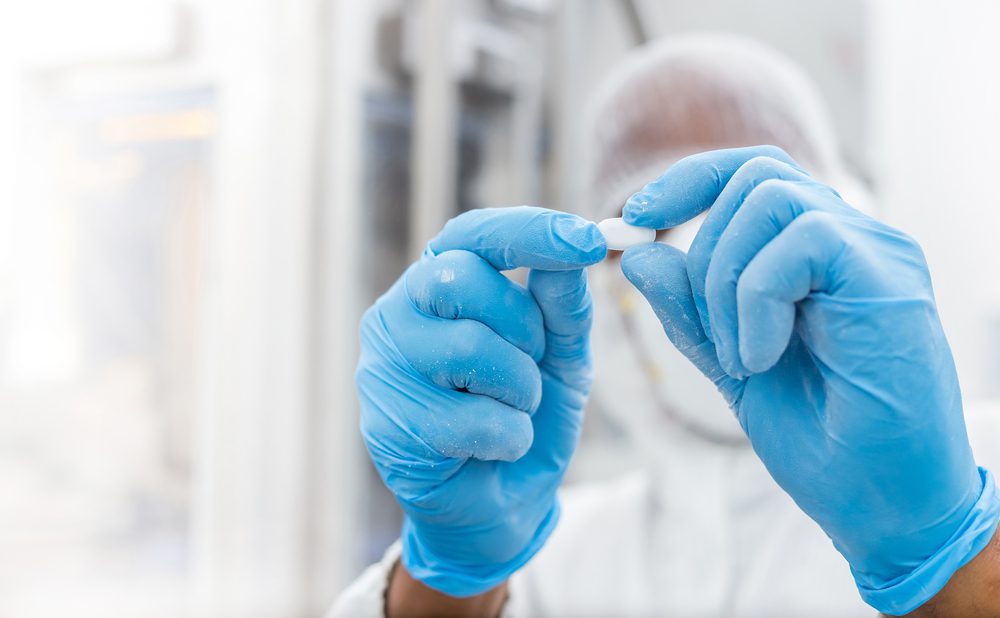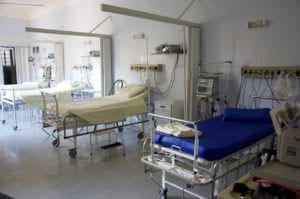An estimated 25% of people with Clostridioides difficile (C. diff) infections experience recurrence following successful antibiotic intervention. After three or more recurrent infections, the risk of developing another infection sits around 50%. People with recurrent C. diff often face an increased hospitalization and mortality risk, as well as a depleting quality-of-life.
Clinical-stage biopharmaceutical company Vedanta Biosciences (“Vedanta”) is working to prevent recurrent C. diff infection through its therapeutic candidate VE303. The company describes VE303 as:
An orally administered, rationally designed, defined bacterial consortium candidate [that] consists of 8 types of clonal human commensal bacteria strains selected for their ability to provide colonization resistance to C. difficile and manufactured under CGMP conditions.
So far, VE303 has performed well in the clinical setting. Data from the Phase 2 CONSORTIUM study highlights how VE303 reduced the risk of a C. diff recurrence by 80% or more. Now, reports a company news release, Vedanta has launched the global Phase 3 RESTORATiVE303 trial. This trial aims to uncover how safe and effective VE303 is in individuals with a high risk of recurrent C. diff. The first participant was dosed in late May 2024.
Should the trial go well, Vedanta plans to use its data when submitting a Biologics License Application (BLA). The BLA would allow Vedanta to commercialize VE303.
Understanding C. Diff
Clostridioides difficile is a bacterium that infects the colon, which is the longest part of your large intestine. This highly contagious bacterium often infects people who recently took antibiotics. Symptom usually appear within 5-10 days following antibiotics but can appear anywhere between one day after to three months after. But why is this? Well, antibiotics might kill other bacterium in your gut – but not C. diff, allowing it to thrive. C. diff is more likely to occur in older adults who were hospitalized or in long-term care settings. However, it is important to note that C. diff can occur in anybody; if someone is showing signs of C. diff but has not been recently hospitalized, this does not rule out this infection.
C. diff may present as:
- Watery diarrhea that happens multiple (3-5) times each day for several days
- Abdominal pain, tenderness, and cramping
If someone has a more severe infection, it may present as:
- Watery diarrhea that happens up to 10-15 times each day
- Abdominal distention
- Dehydration
- Nausea and vomiting
- Rapid heartbeat
- Losing your appetite
- Bloody stool
- Fever
Are you or a loved one showing signs of these symptoms? Please pursue care from your physician as quickly as possible. You will be treated with a broad-spectrum antibiotic, typically for around 10 days. If your symptoms are severe, you may also require intravenous fluids.
If you would like support on your C. diff journey or are looking for more information, consider reaching out to the Peggy Lillis Foundation, the premier national awareness movement and nonprofit organization within this space.








